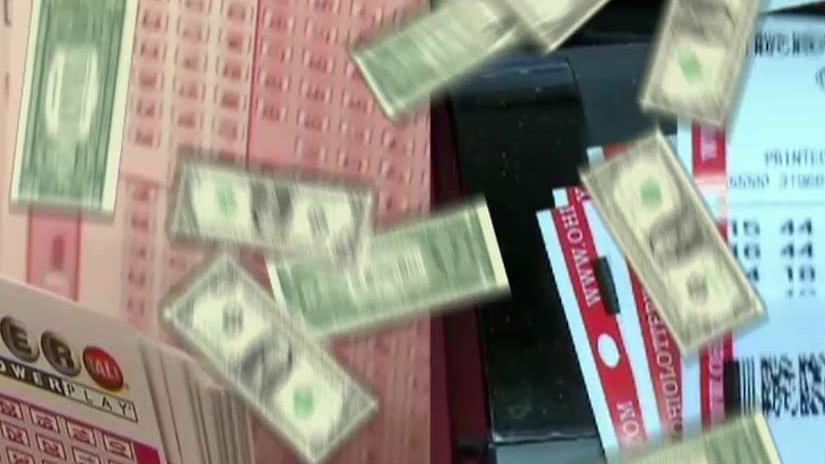Mega Millions $865M jackpot: Here’s the tax hit
The massive prize is 2nd-largest in game’s history
The Mega Millions jackpot surged to $865 million this week, after no winner was declared during last Friday’s drawing.
Tuesday's winning numbers: 10, 19, 26, 28, 50 , with 16 as the Megaplier.
The massive prize is the second-largest in the game’s history, marking only the eighth time that the jackpot has exceeded $500 million.
The largest Mega Millions jackpot was valued at $1.537 billion and was claimed in South Carolina in 2018.
Game officials noted that three of Mega Millions’ largest prizes have been won in the month of January.
However, after the IRS takes its chunk of the winnings, the prize will be notably smaller.
‘JACKPOT FATIGUE’ CUTTING LOTTERY TICKET SALES, SHRINKING PRIZE AMOUNTS
A person with a winning ticket is faced with two options: either take the money in the form of a lump sum or an annuity payment, which would be paid out over the course of about 30 years.
In the case of the lump sum, which is the more common choice, the winnings would be valued at $628.2 million before taxes.
Under the cash option, the jackpot is subject to federal withholding, which is an immediate 24% before the winner ever receives a cent.
That would reduce the prize amount by about $150.7 million.
The IRS would also likely tax the winnings at the highest federal income bracket, which is 37% for people with incomes in excess of $500,000. A winner would owe any difference left over between that tax rate of 37% and the federal withholding rate of 24% when the winner files tax returns at the end of the year, which would deduct another $81.6 million.
CLICK HERE TO GET THE FOX BUSINESS APP
That means about $232.3 million would be deducted in federal taxes and the lump sum jackpot would be worth roughly $395.9 million.
Depending on where the winner lives, the jackpot could also be subject to state taxes with rates that range from up to 8.82%.
Winnings are not subject to the 3.8% net investment income tax.
If the winner plans on giving money away, he or she is allowed to give up to $15,000 to as many people as desired without tax consequences.




















